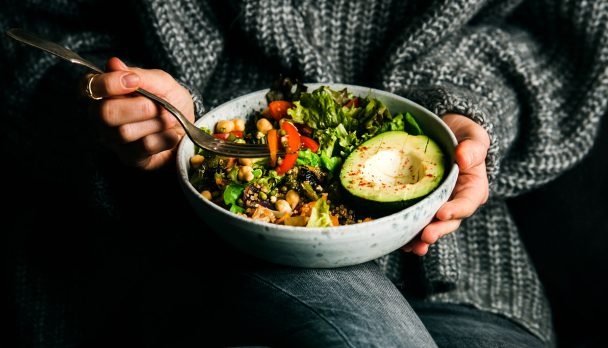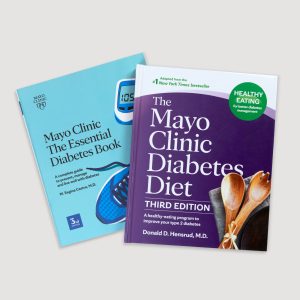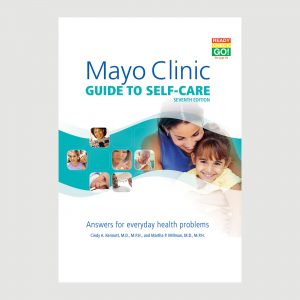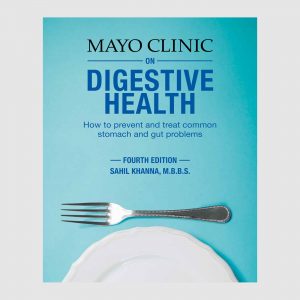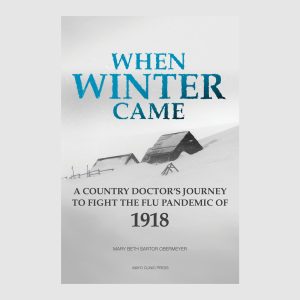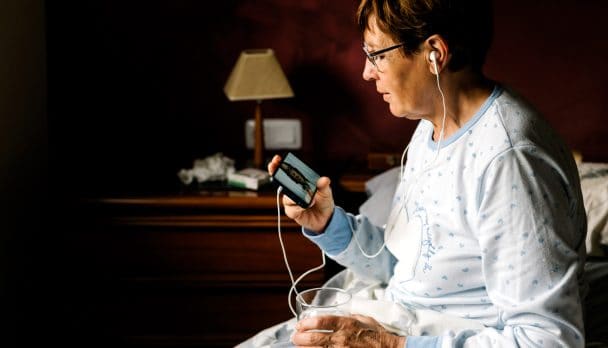
When I step into an adorable gift shop, I see wine glasses that say, “Mommy’s juice” and whimsical T-shirts calling opening a bottle of wine a workout. When I scroll through recommended shows in my streaming services, I see women with cocktails permanently in their hands.
Using alcohol as a social lubricant is nothing new. But between reality TV, social media and alcohol-related gifts, women are getting the message that drinking is key to an exciting life and the quickest way to unwind after a full day.
“There used to be a big divide where men were more frequently the ones with alcohol-related problems, but now younger females drink even more than the males,” says Kristen Schmidt, M.D., a board-certified addiction psychiatrist at Allina Health. “There’s this democracy in terms of women having the same freedoms; however, female bodies don’t tolerate alcohol in the same way that male bodies do, and so we see women getting into trouble much earlier than males.”
Dr. Schmidt says it takes less time for women to develop alcohol use disorder, which is being unable to control drinking or thinking about it frequently. With heavy alcohol use, it’s common for women to have mood, anxiety and liver problems. Alcohol use also is a risk factor for many health conditions.
The Mayo Clinic definition of moderate alcohol consumption is up to one drink per day for women. Excessive drinking for women is defined as three drinks per day or seven drinks per week or more.
Even if your alcohol use is within the definition of moderate, you might wonder if you’d sleep better, have clearer skin and avoid future medical conditions if you stopped drinking.
That’s the idea behind sober curious challenges like Dry January.
What is Dry January?
Dry January is an intentional break from alcohol to see how your life and health change. Committing to one month without alcohol isn’t as daunting as saying, “I’ll never drink again.”
“You’re putting a toe in and seeing how things go,” Dr. Schmidt says. “But you’re not committed to forever.”
It also can be a fun thing that a group of friends, a couple or a mother-daughter pair do together. You might decide to go for weekly walks together instead of happy hour, sip tea in the evening instead of wine or trade your boozy brunch for a jewelry making class.
If your social life shifts, you might start to notice your health and quality of life improving.
Benefits of an alcohol break
While many believe that alcohol — red wine in particular — is heart-healthy, your body doesn’t need alcohol at all. You can get the same nutrients from eating grapes. But alcohol can contribute to:
- Breast cancer and other cancers.
- Heart failure and irregular heart rhythms.
- High blood pressure.
- Stroke.
- Weight gain.
- Liver and pancreas disease.
- Anxiety and depression.
Research shows that after three months without alcohol, hormonal markers can return to normal. So it’s never too late to see health improvements from cutting back or abstaining from alcohol.
It’s common for people who are taking a break from alcohol to find that they:
- Sleep better.
- Have more energy.
- Feel mentally sharper.
- Have healthier-looking skin.
- Don’t feel as anxious.
- Have improved blood sugar, cholesterol and blood pressure.
- Lose some weight.
- Save money.
Some of the mental health effects can change quickly.
“When people start making drinking an every-weekend thing, then they can start having depression or panic attacks,” Dr. Schmidt says. “People don’t necessarily make the correlation that it’s actually the result of alcohol use.”
That’s because the day after a night of heavy drinking, your body starts going through alcohol withdrawal. But if weekend drinking became the norm for you at some point in your life and you never took a break, you might not have noticed the gradual side effects.
Tips for your Dry January
If you’d like to try a Dry January (or any time period), here are some tips to help you:
Pay attention to how you feel
Keep notes so you can go back and see your progress. Notice if you’re waking up less overnight or have a better mood.
“Once you get to the end of the challenge, you hopefully feel better. Really looking at your own data and evidence of how your journey progressed can help sustain the change,” Dr. Schmidt says. “You might feel so good that you decide to keep going.”
Know that cutting back counts
You don’t have to abstain from alcohol completely to see benefits. Even reducing alcohol consumption can improve your health. You could try giving up a nightly glass of wine and only drink on the weekend, for example.
“Don’t get discouraged if you’re trying to go for 30 days and maybe one weekend you end up overindulging,” Dr. Schmidt says. “Just recommit and move forward.”
Try mocktails
Mocktails are alcohol-free drinks that might look like a cocktail. Use them to participate in social events without drawing attention to the fact that you’re not drinking. Of course, it’s perfectly fine to tell people you’re choosing not to drink alcohol. You might even find pop-up Dry January mocktail bars in your area.
Rally your friends
Women often start drinking as a way of socializing — whether it’s to bond with a romantic partner or being in a social group. Use those same social connections to support one another to drink less. Dr. Schmidt suggests getting your social group together in another way, like meeting for a yoga class or going for coffee together.
Remember why
If you find yourself wanting a drink, think about why. Do you tend to reach for a bottle when you’re bored or tend to drink more than you intended when you’re socializing with friends? Could something else fill in? Consider working on a craft project when you’re stressed or mixing up mocktails for the girls while you watch “The Bachelor.”
When to get help for alcohol use
Dry January is safe for most people, but people who have multiple drinks every day could experience life-threatening withdrawal symptoms. Contact a healthcare professional or go to an emergency room if you experience:
- Shakiness or tremors.
- A fast heart rate.
- Rising blood pressure.
- Sweating.
- Hallucinations.
If alcohol use is affecting your life, talk to your primary care team. You also can call the National Substance Abuse and Mental Health Services Administration helpline at 1-800-662-4357. For emergencies, go to the nearest emergency room.
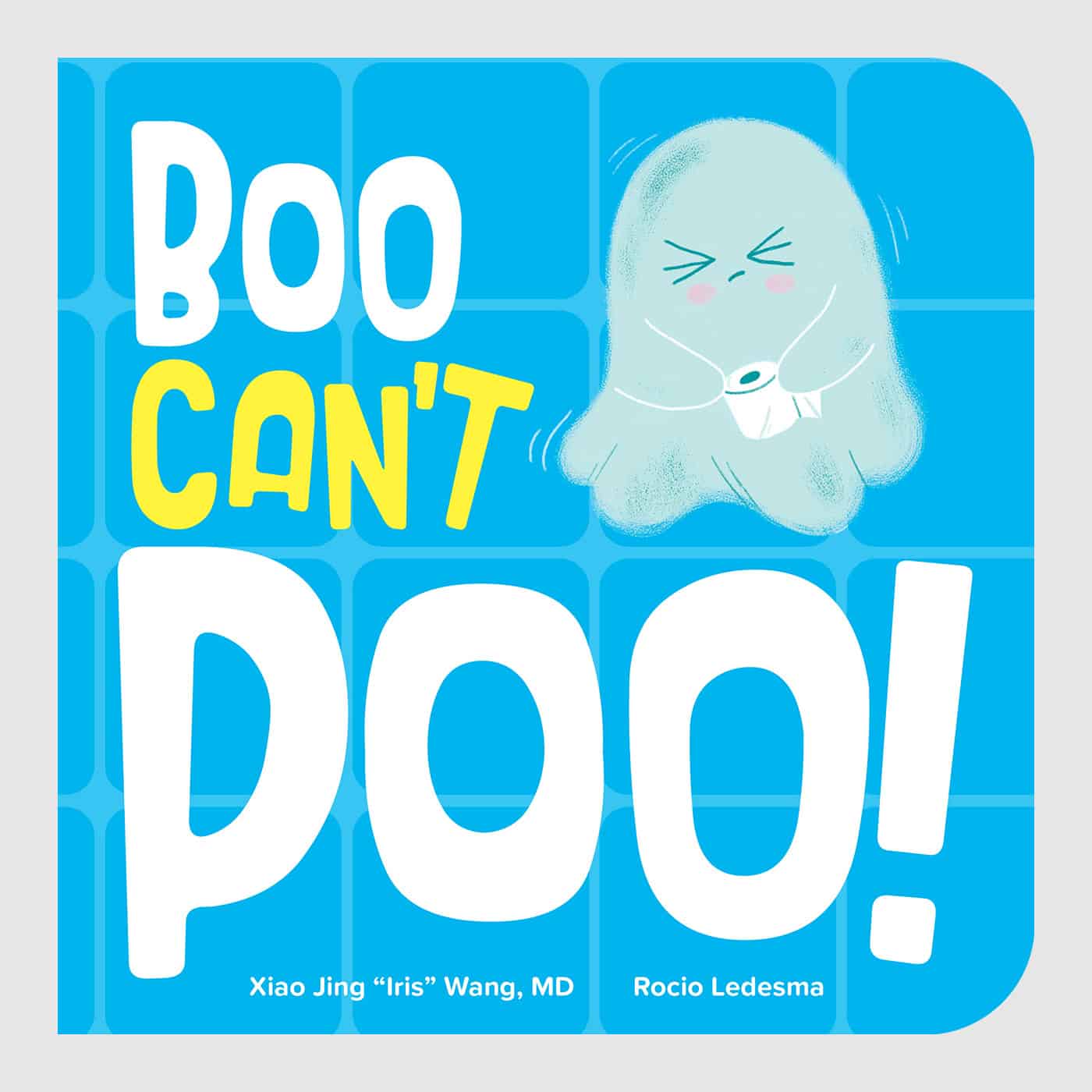
Relevant reading
Boo Can't Poo
Get ready to giggle with Boo Can't Poo, the hilarious board book sure to get your little ones laughing and pooping! Join Boo the constipated ghost on his quest to get his bowels moving with the help of his ghostly family. With silly rhymes and cute illustrations, this book is…







